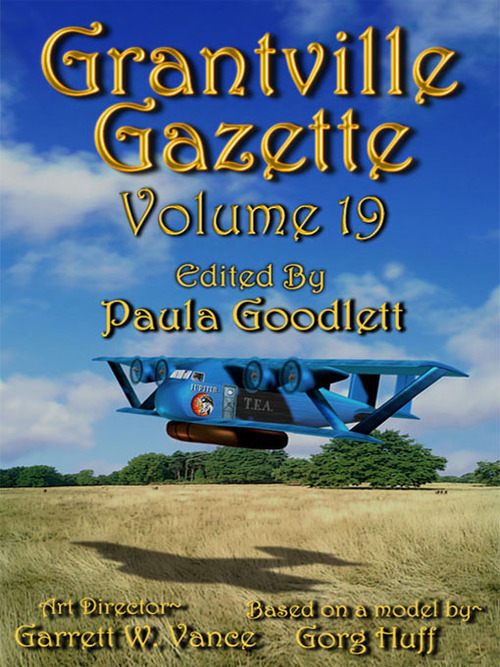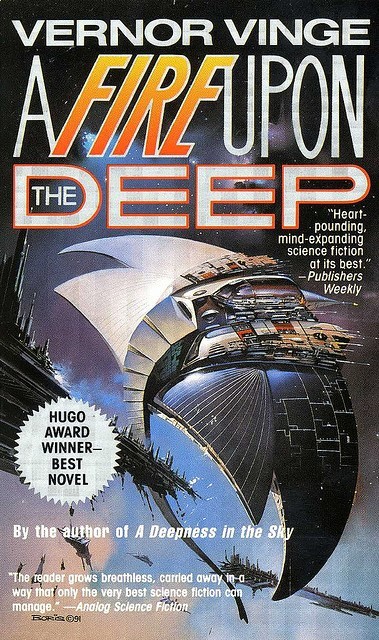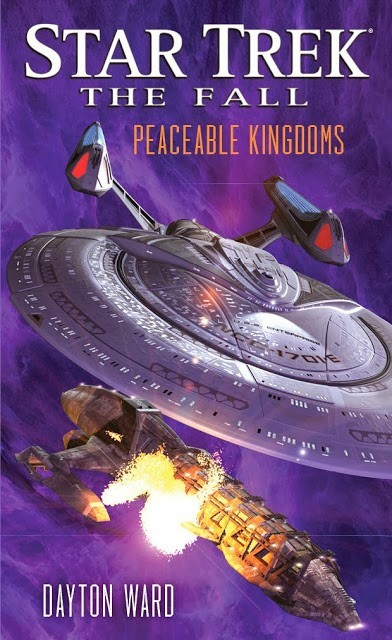Book 15 started, Book 13 finished
The Waking Engine by David Edison
Published by Tor Books, February 2014
NOTE: This book was provided by the publisher, through NetGalley, in exchange for an honest review.
This is a debut novel from Mr. Edison and there are some very good things to say about it.
The premise is fascinating. In this universe, when you die, you reawaken on a new planet in an idealized version of your self-image to live another life. At face value, that sounds great until you consider doing that over and over and life becomes awfully long and drawnout. There are a few places where True Death can be achieved; one such place is the City Unspoken which is the setting for the novel.
The city is massive. It is breathtaking in its architectural grandeur and also in its decay. The descriptions of it made it come alive in a way reminiscent of Miéville’s New Crobuzon from Perdido Street Station or Bacigalupi’s Bangkok from The Windup Girl; the city itself it as integral to the book as the characters themselves.
The writing style is very poetic. Edison has a fantastic grasp of language and does some very interesting things with it. There is a certain grace to it that can be entrancing. It’s wonderful to read but can also be distracting at times. Here is a sample from early in the book:
The circle of sky hung distant, darkened but cloudless, a deep royal blue that seemed worlds away from the brooding umber sunset of the music fair he'd passed through to get here. Fragrant smoke of a dozen flavors poured from the many openings, scrolling upward toward the promise of starlight far above like a pilgrimage of ghosts. But Cooper could see that the darkened doorways were mere facades and nothing more - no vaulted tombs or flame-wreathed altars lay beyond their gaping doors. Cooper realized with nervous awe that he was standing at the bottom of an immense well lined with the faces of a hundred religions, scalped and mounted.
….
“Welcome to the Apostery,” said a voice. “Where we bury our faith.”
The Waking Engine
I found myself having to reread a section after finding myself enjoying the language and not the actual story.
But, that may have been one of the points. The characters in the book are all well-conceived and interesting and their vignettes often distract from the main story line. At times, these stories become much more interesting than what plot there is in the book.
Overall, I have mixed feelings on this book. I loved the writing itself and I loved all the little sub-plots but, as a general rule, I don’t usually like books with a weak plot. While, this book is intentionally designed this way, I still found myself looking away at times and losing interest. As a first novel, it’s solid. Edison is definitely an author I’ll keep an eye on for future novels. I say check it out.
3.5 stars.





























